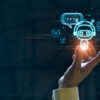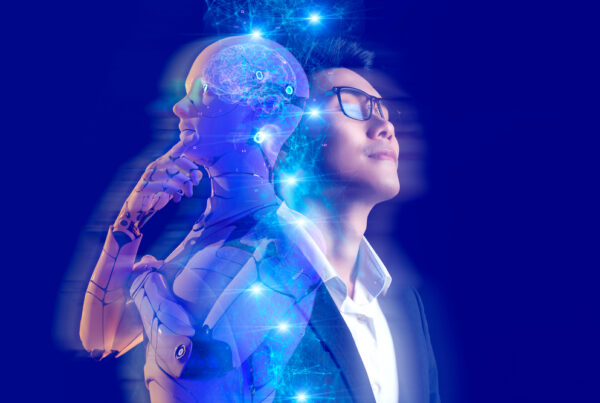In the ever-evolving narrative of the modern workplace, artificial intelligence (AI) emerges not as a disruptor, but as an architect of a new era of productivity and engagement. The dialogue surrounding AI’s role in the future of work often vacillates between utopian visions and dystopian fears. However, as pragmatic visionaries, our task is to navigate this spectrum with foresight, crafting a future where AI acts as a catalyst for innovation, empowerment, and unprecedented productivity within the workforce. This journey is not about replacing the human element but enhancing it, leveraging AI to augment human capabilities, foster creativity, and redefine productivity.
AI’s influence on workforce productivity is multifaceted, offering tools and insights that reshape how tasks are performed, how decisions are made, and how goals are achieved. In the realm of task automation, AI streamlines repetitive and time-consuming tasks, freeing employees to focus on high-value activities that require creativity, critical thinking, and emotional intelligence. This shift not only boosts productivity but also enhances job satisfaction, as employees engage in more meaningful work that taps into their unique human skills.
Furthermore, AI-driven analytics and machine learning algorithms offer predictive insights that optimize workflow, resource allocation, and project management. These tools enable managers to anticipate bottlenecks, balance workloads, and allocate resources efficiently, ensuring that teams operate at their peak productivity. By harnessing the predictive power of AI, organizations can move from reactive to proactive management, creating a more dynamic and responsive work environment.
AI also plays a pivotal role in personalized learning and development. Through adaptive learning platforms powered by AI, employees can access customized training programs that cater to their individual learning styles, pace, and career aspirations. This personalized approach to professional development accelerates skill acquisition, enhances job performance, and aligns employee growth with organizational goals. In this way, AI becomes an enabler of lifelong learning and career advancement, fostering a culture of continuous improvement and innovation.
Yet, the integration of AI into the workforce is not without its challenges. It necessitates a cultural shift towards embracing change, continuous learning, and adaptability. Leaders must champion this transformation, cultivating an environment where technology and human talent synergize to achieve collective goals. Ethical considerations, particularly regarding privacy, job displacement, and bias in AI algorithms, must be addressed with transparency and integrity. Ensuring that AI is used ethically and responsibly is paramount in building trust and acceptance among the workforce.
The future of work, under the influence of AI, holds the promise of enhanced productivity, creativity, and job satisfaction. As leaders, our role is to steer this transformation with vision and empathy, ensuring that AI serves to augment human capabilities and enrich the workplace. By embracing AI as a partner in productivity, we can forge a future where work is not just more efficient but also more meaningful and fulfilling. The path forward is clear; let us embark on this journey with confidence and determination, shaping a future that reflects the best of technology and humanity.











